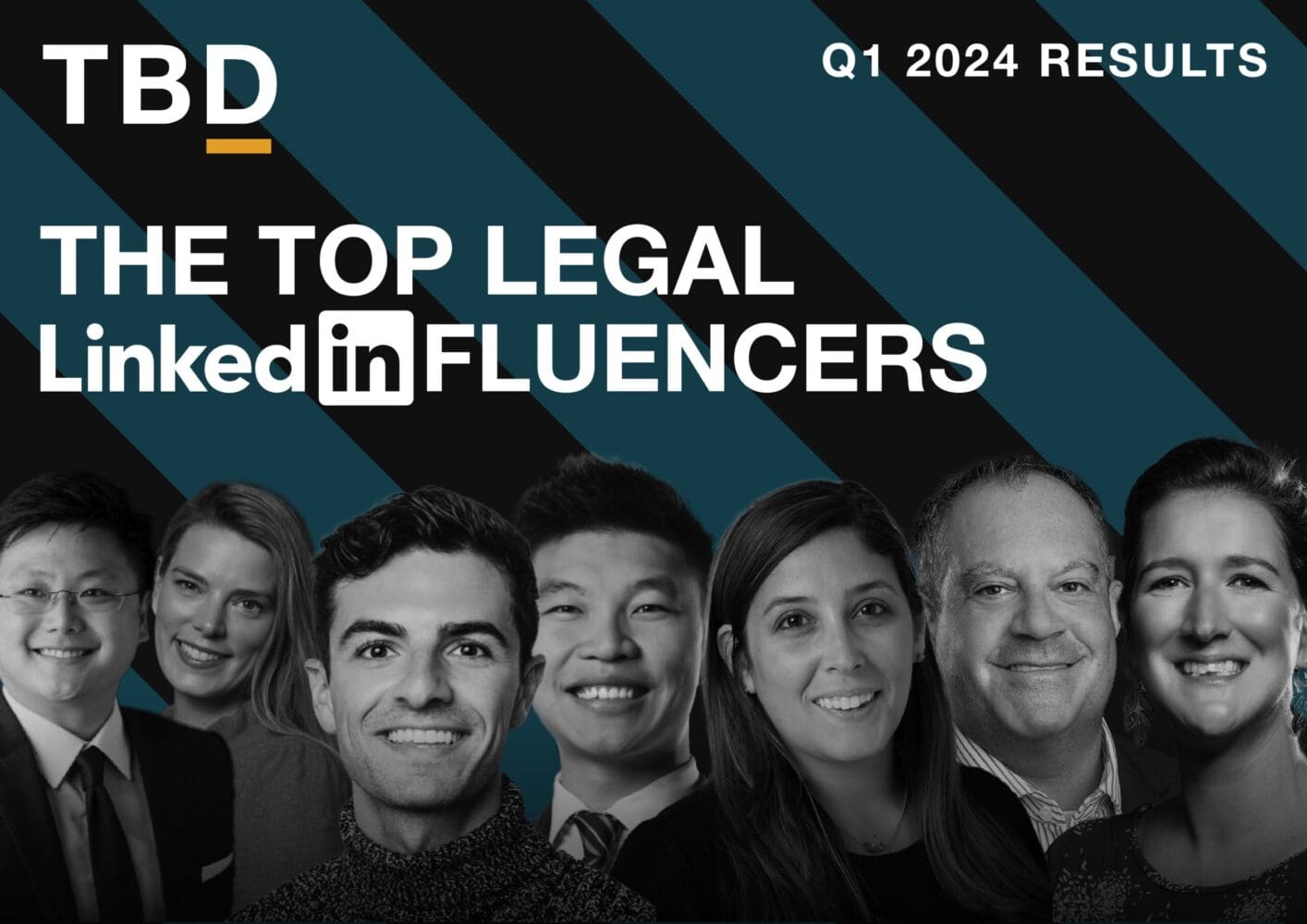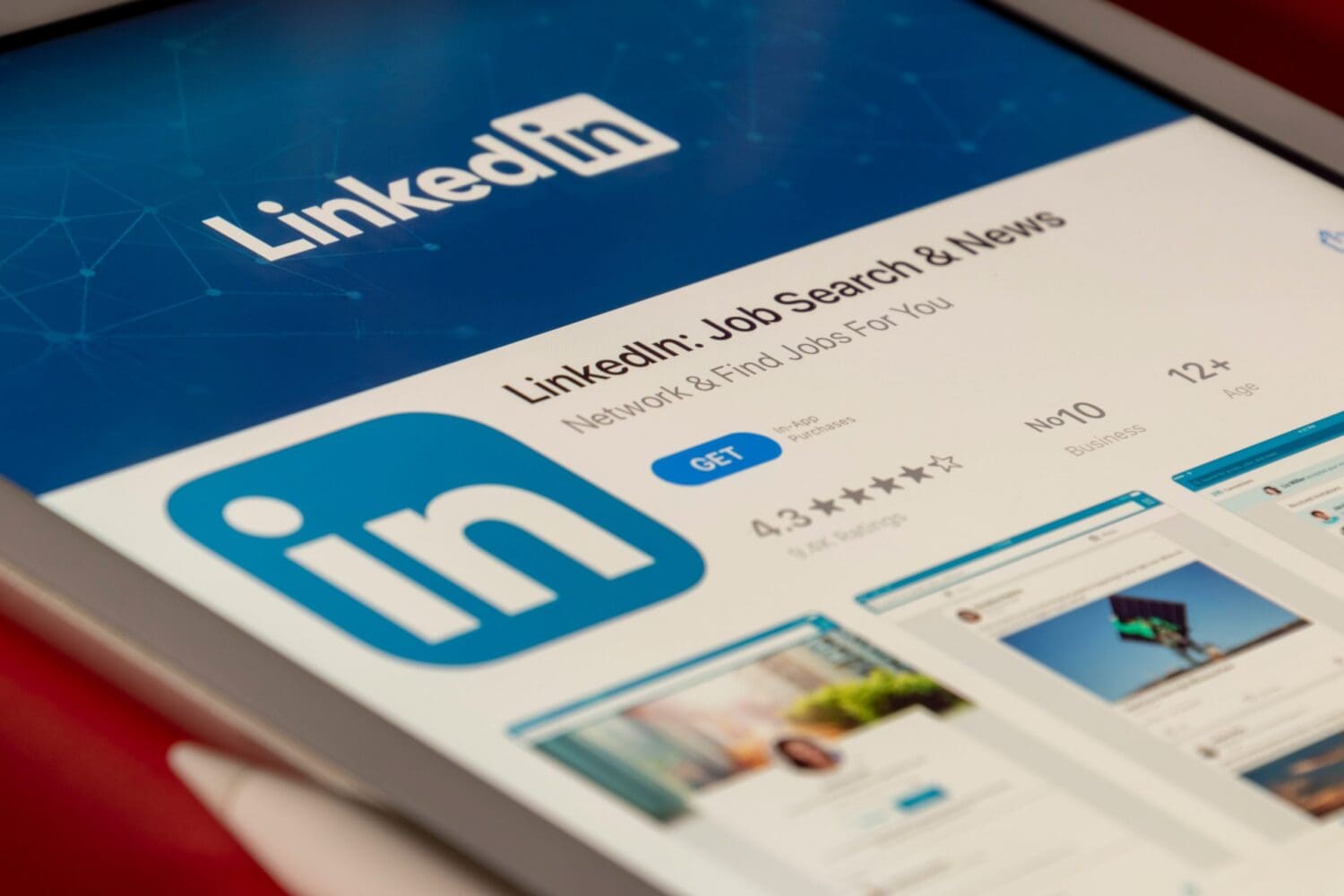What can the legal sector learn from the music sector when it comes to changing business models?
Almost everyone in the legal sector agrees that we need to change. Most also agree that change is long overdue. But, where to begin and how should we focus on what needs to change?
I wondered if depersonalising it would help? Perhaps the best place to start is to look at the seismic change that has taken place in another industry and apply some lessons to our own? For the purposes of this article, let’s use the music industry.
I love music almost as much as I love working in the legal sector and just as much as I love using data to make well-informed decisions. I’m going to write a post on how geeky I can get over my data/music and how I’m willing to look at my own data in order to better understand my relationship to music/my purchasing history. In my experience, using data to overcome your own barriers to change is a great place to start.
So, why choose music?
Well, the music industry has undergone radical change time and again over the years. It’s had major existential threats, survived them, transformed and flourished again. I think that it can help illustrate the changes ahead for many sectors, including the legal sector.
From live music from the past to phonographic, from vinyl to CD to online to download to streaming, the industry is constantly adapting to technological changes and changes in consumer behaviour, as well as offering new ways of experiencing it.
In music, what appeared to be settled business models have, time and again, been transformed, become obsolete or moved to being increasingly niche. This is the first lesson that the transformation of the music industry can teach the legal sector: that settled business models can quickly become niche or obsolete.
What’s a good example of a radical change that changed a whole industry?
Let me give you a small example: Before Simon Fuller marketed the Spice Girls’ first single (Wannabe) ahead of launch, singles were released, climbed the charts until they eventually gathered enough momentum and hit the number one spot, hopefully staying there for a few weeks. Post-Wannabe, the only way to get to number one was pre-playing music on the radio before an embargoed physical release that was imposed by Fuller. Most physical sales of a single then happened within the first week or two of the initial release date. For the right record, it pretty much guaranteed a number one spot. No other strategy to get to number one mattered anymore. Fuller rendered them obsolete. The way of doing business had changed forever.
But can that kind of change happen in the legal sector?
Is the legal sector in a pre-Wannabe stage? Possibly. Seismic change has yet to take place – but it is coming. The prize is too big to be ignored. Then again, parts of the market have been given the Wannabe treatment. Conveyancing solicitors for most of the market operate very differently to how they did 20 years ago. Likewise, personal injury, road traffic and similar. Is commercial law likely to go through a major change like this? I believe it will.
What else can the law learn from the music industry?
Dominant models in the music industry
I think it’s fair to say that the primary models for music were as follows for the following years:
pre-1877 – The live music era
1877 – 1962 – The record era
- 1877 – phonography (gramophone music) launched
- 1898 – 78RPM shellac records launched
- 1948 – 33RPM and 45RPM vinyl records launched
1962 – 1999 The alternative formats era
- 1962 – Cassettes launched
- 1982 – Compact Discs launched
- 1992 – MiniDisc launched
1999 – The download era
- 1999 – Napster launches
- 2003 – iTunes Music store opens for business
2008 – The streaming era
- 2008 – Spotify launches
- 2011 – Google Music launches (2012 saw its combination into Google Play)
- 2015 – Apple Music Launches
As a music fan, you may have been an early adopter of a new format. Alternatively, without any clear benefit, you may well have skipped a format entirely. But looking at the dates above, one thing is clear, that the formats and the business models that sit behind them last less and less time, and are increasingly democratised from day one. Gramophones were expensive and the preserve of the elite when they launched. By way of comparison, Apple Music launched in 100 countries on the same day to a colossal existing iTunes user base.
Co-existence of models
What’s also clear is that these models do overlap. The dates only tell part of the story: revenues from physical purchases of music was only finally overtaken by streaming revenue in 2017. Keeping an eye on revenues and knowing when to switch horses is essential: too soon and you’re the next Betamax, too late and you’re the next Nokia.
However, timing aside, almost everyone in the music industry has needed to adapt their business models in light of the ongoing technological and consumer listening preferences.
Let’s deal first with the players who currently dominate the market. What’s clear is that first movers or early movers gained a significant advantage when porting to the new model: Napster provided an outlet for consumer-led demand for online music. It broke the old model as users shared their music freely across the world. Litigation put paid to the business as a market leader, but by then, consumer behaviours had changed forever. Others with legitimate business models stepped in and took advantage of the new market conditions.
Apple took full advantage with iTunes: a legitimate music service which offered virus free, downloadable music. Others followed and then the game moved on again: Spotify spotted the opportunity to provide a streaming service, which killed off the download model.
Others piled in as the download market began to wither: Apple offered downloads alongside its streaming service Apple Music (helped by its £4bn merger with Beats), Google launched Google Play (leveraging its brand), Amazon launched Amazon Music on the back of its major Amazon Prime subscription customer base.
Today, subscriber numbers are as follows for the main players:
- Spotify – 70m paying subscribers (140m in total)
- Apple Music – c. 25m paying subscribers
- Google Play – no official figures released but believed to be around same size as Spotify’s freemium accounts. Google Play (Google’s app store) passed 1bn monthly users in 2017.
- Pandora – c.80m subscribers – but no recent growth
- Soundcloud – c. 175m subscribers but most are free accounts
- Amazon Music – c.16m paying subscribers
- Tidal – c. 3m paying subscribers
Note that within a very short window, none of the major players is relying on downloads to be the mainstay of their business. In music, today, it’s stream or die.
Before we look at what all this means for the legal industry, it’s worth noting that some other effects of the subscription model dominating the music industry are:
- Radio has lost listener numbers to streaming services – especially as some super star DJs have moved into [stewarding] playlists for the major players
- Since the birth of Napster, there has been a massive resurgence in live music. Artists have to eat and you can’t replace a live experience.
- There has been a surge in indie or self publishing. The Arctic Monkeys grew through this route – building a massive online following before publishing on a label.
- More recently, there has been a surge in publishing to demand [insert Spotify commissioning recordings – article]
- Vinyl has carved out a niche market and now outsells digital downloads in the UK. Read that again: vinyl outsold digital downloads in the UK in 2017.
In short, where there’s change, there’s opportunity.
What does all this mean for the legal industry?
For me, there are a lot of parallels between the legal industry and a pre-Napster music industry. The legal industry’s Sean Parker is going to come along with the appropriate financial backing and take advantage of the incumbents’ inertia. To be fair, that move is probably already afoot in that the Big Four accountants are all ramping up the size of the legal offerings.
The industry is ripe for change, because:
- it is a traditional sector which has yet to see major change
- it is highly profitable in comparison to other industries
- ownership is within the hands of partners who could seek an exit route
- the models of doing business are often ‘one size fits all’ approaches
- innovations are not copycatted by competitors as quickly as they are in other sectors
- the advent of ABS has removed barriers to entry and improved sources of funding which improve the opportunity for scale and rapid growth
- client demands are being informed increasingly by procurement teams who want increased price certainty and don’t buy into the billable hour for every piece of work
- technological changes could rapidly make a lot of the work done at the junior end redundant
- the industry is still fragmented and ripe for more consolidation. This fragmentation (combined with the prevalent profit distribution model) is at the heart of the sector’s inability to invest in rapid growth and take a calculated risk in a new venture.
- the next generation of purchasers don’t buy into the same models as the current incumbents. Equally, the next generation of private practice lawyers don’t contend that the model will hold for long either. These are the people who transformed the music industry as consumers.
If you add all those things up, and apply some of the lessons from the music industry above, it’s clear to see that opportunities exist for the brave.
Someone will use a subscription model to replace a lot of the legal services that are currently performed between in-housers and private practice lawyers. Employment and real estate services in particular look ripe for something along these lines.
Adapting our models for how we conduct the business of law will allow the sector to retain its profitability and growth.
Where will it end?
I have some bad news for those who hate change: despite its several transformations, the music industry continues to evolve and needs to continue to evolve in order to serve its customers.
Some recent developments:
- Spotify is commissioning music much as Netflix commissions its own shows. This means it owns the underlying assets and doesn’t have to pay an artist fee every play.
- Only 11% of British households currently pay for a streaming service -there’s room for significant growth – hence the price wars that are being waged as you sign up for a new mobile device.
- Spotify is leveraging its data for brands which allows you to target your demographics with adverts and targeted marketing. (See Spotify for Brands for more details).
- Live ticket sales are offered as you stream on Spotify. This is targeted advertising as it knows the exact artist you’re listening to and where you’re based. Is disruption on the cards for the ticketing industry?
- Given how cash-rich some of the dominant players are, there’s a sense that a major merger or two could transform the market again. It’s not inconceivable that Apple could buy a major music label or two with their massive back catalogues. This could result in content being unique to a certain streaming platform (as it often is with Tidal).
- The latest Sonos speakers deliver Amazon’s Alexa smart assistant system directly into people’s lounges. Currently, Sonos systems default to Amazon’s services not Spotify, and you can’t use the Alexa assistant to play Apple Music at all.
Conclusions
Change is now the only constant in the music industry. As for music, so for legal. Nobody wants to have to issue the famous Nokia CEO’s memo.
If you do want some good news, it’s that streaming revenues only just overtook physical music sales in 2017. So, whilst you don’t have to move first to emerge as a winner over coming years, you do have to evolve with the times to remain relevant. I’d contend that the pace of change is quicker than ever.
Next, law firms are sitting on a lot of data and business methods. Someone, somewhere is working at giving clients greater access to these.
Finally, it’s not just the music industry where subscription models are set the threaten the fundamental, century long way of doing business. In a driverless-car world and one that is increasingly environmentally conscious, I believe that car ownership will be the preserve of the uber-wealthy and thrill-seeking petrolheads who’ll drive them at racing circuits.
P.S. if you want to think about how to use music with your brand, maybe try this online music blog on how to choose your hold music. I once asked the Italian office to change theirs from Merry Christmas Mr Lawrence given that it was the theme of a Japanese war movie!
P.P.S. See in 10 seconds how the music industry revenues have evolved over the past ten years.
P.P.P.S. a version of this article appeared in the May 2018 edition of PM Forum magazine (£)






